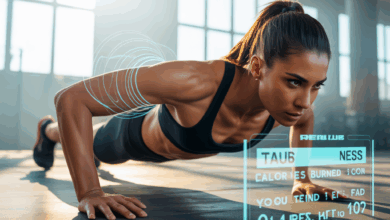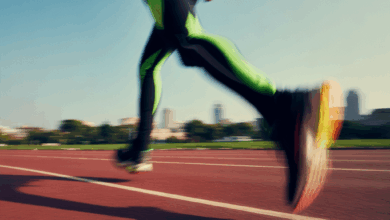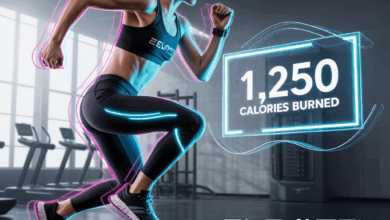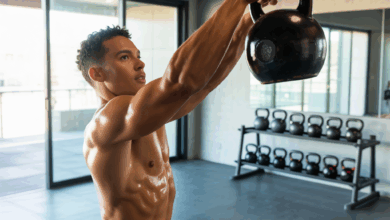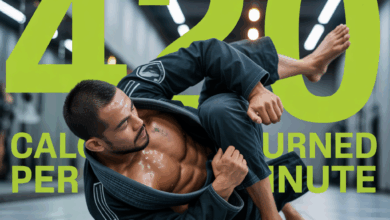Dumbbell Spotter Hooks
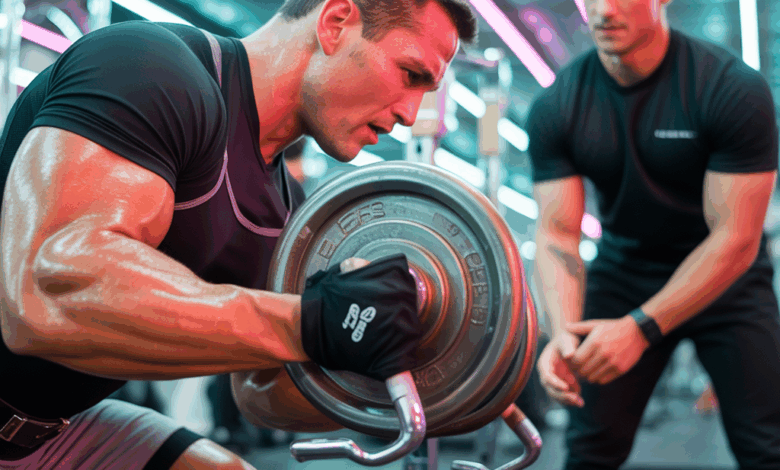
Ever found yourself halfway through a heavy dumbbell bench press with no one around to help — heart racing, arms shaking, and a split-second decision between pushing through or dumping the weight? If that thought makes you pause before every heavy set, dumbbell spotter hooks might be the simple, affordable upgrade that saves your confidence, your progress, and potentially your shoulders.
Why Dumbbell Spotter Hooks Belong in Your Home Gym
Dumbbell spotter hooks (also called safety hooks for dumbbell racks or spotting hooks) are attachments that catch or cradle dumbbells if you fail a rep. They turn risky solo training into a controlled, repeatable process. For lifters who train alone, these hooks reduce the need for a human spotter and make heavy compound movements — like bench presses and shoulder presses — safer.
Benefits at a glance
- Improved safety for solo lifters
- Confidence to push heavier and follow progressive overload
- Versatility for bench, incline, decline, and standing variations
- Simple installation on many racks and power cages
- Durable materials protect both you and your equipment
How to Choose the Right Spotter Hooks
Not all spotter hooks are created equal. Consider these factors when shopping:
- Compatibility: Check your rack or bench for compatible tubing diameter and attachment points.
- Load capacity: Choose hooks rated well above your max dumbbell weight to add a safety buffer.
- Material & finish: Steel construction with a protective coating prevents rust and reduces noise when weights contact the hooks.
- Design: Look for angled or cupped hooks that cradle dumbbells rather than letting them slip off.
- Ease of installation: Quick-attach designs let you move hooks between racks when needed.
Installing and Using Dumbbell Spotter Hooks Safely
Proper installation and technique ensure the hooks do their job without creating new hazards.
Quick installation checklist
- Confirm the hook’s diameter matches the hole or slot spacing on your rack.
- Tighten all fasteners and ensure hooks sit level and secure.
- Test with lighter weights to verify the catch angle and stability.
Training tips when using hooks
- Set the hooks at a height that allows full range of motion but catches the weight before it forces your shoulder into a dangerous position.
- Use the hooks to practice controlled negatives: lower the weight slowly and let the hook catch if you can’t press back up.
- Combine hooks with proper breathing, bracing, and foot placement to maintain technique under load.
Workout Variations with Spotter Hooks
Dumbbell spotter hooks unlock training approaches that mimic training with a partner. Try these variations to safely increase intensity.
Dumbbell Bench Press — Heavy Singles and Negatives
- Set hooks slightly above chest level. Perform heavy singles knowing the hooks will catch the dumbbells if you fail.
- Use eccentric-focused sets: 3–5 slow negatives with the hooks catching the final rep.
Incline and Decline Bench Presses
- Adjust hooks for the angle of the bench to protect the range of motion at the top and bottom of the lift.
Seated Shoulder Press and Standing Variations
- Position hooks to protect the press at head level. Helpful for strict presses and push-press training.
- Use for single-arm presses to train unilateral strength while remaining safe.
Dumbbell Spotter Hooks for Home Gyms: Real-World Examples
Consider Alex, a working parent who trains at home. After injuring his shoulder trying to bail a failed dumbbell press, he installed spotter hooks on his power cage. Within weeks his confidence returned, he added 10–15% to his presses, and he could safely attempt heavy negatives and tempo work without a spotter.
Or Sarah, who trains early mornings solo. Spotter hooks allowed her to keep pushing strength cycles without scheduling gym buddy sessions. The hooks saved time and reduced stress — her workouts became more consistent, and her progress accelerated.
Integrating Spotter Hooks into a Balanced Fitness Plan
Spotter hooks are a tool — they won’t replace good programming, recovery, or nutrition. Use them alongside these healthy habits:
- Progression: follow structured sets and rep schemes to avoid random jumps in load.
- Recovery: prioritize sleep, mobility work, and deload weeks to prevent overtraining.
- Nutrition: support heavy lifting with sufficient protein, calories, and hydration — see our nutrition guides for meal templates and timing tips.
- Programming: combine strength days with conditioning and mobility work from our workout routines to build durable performance.
Maintenance and Longevity
Inspect hooks regularly for wear, tighten connections, and clean contact surfaces. Replace hooks if you notice bending, cracking, or excessive rust. Proper maintenance extends their lifespan and preserves safety.
Dumbbell Spotter Hooks: Common Misconceptions
Some lifters think hooks reduce the need for technique — they don’t. Hook-assisted training lets you push heavier, but strict form and smart programming remain essential. Also, hooks are not a substitute for professional supervision if you’re recovering from injury. Consult a coach or physical therapist when returning from a significant lift-related injury.
Frequently Asked Questions
Yes — when properly installed and used within their load rating they significantly increase safety for solo lifting. Always test them with lighter weights and ensure correct placement relative to your bench or rack.
Not always. Compatibility depends on your rack’s hole spacing, tube diameter, and overall design. Choose hooks matched to your equipment or opt for universal, adjustable designs.
High-quality hooks with protective coatings are designed to cradle dumbbells and minimize damage. Look for rubberized or polyurethane-coated contact areas to protect your dumbbell handles and plates.
Conclusion — Ready to Lift with Confidence?
Dumbbell spotter hooks are a high-impact, low-effort upgrade for anyone who trains solo or wants to push heavier without risking a failed rep turning into an injury. They improve safety, boost confidence, and open up training variations like heavy singles, negatives, and tempo work. If you’re serious about progression and protecting your body and equipment, adding spotter hooks is a smart next step.
Want more practical tips on integrating equipment into your plan? Check out our wellness tips, explore specific workout routines, and use our nutrition guides to support your gains. Ready to upgrade your home gym? Add spotter hooks today and lift safer — and stronger.
For lifters who train alone, dumbbell spotter hooks can be a game-changer. They offer improved safety and confidence to push heavier weights, making compound movements like bench presses and shoulder presses safer. Learn more about solo lifting.
For more information on common misconceptions in nutrition that might affect your workout performance, check out Common Misconceptions About Nutrition.
For lifters who train alone, dumbbell spotter hooks can provide improved safety and confidence to push heavier weights. Learn more about safety in various fitness activities.
For lifters who train alone, dumbbell spotter hooks can provide improved safety and confidence to push heavier weights. Learn more about safety in weightlifting and other fitness topics.

